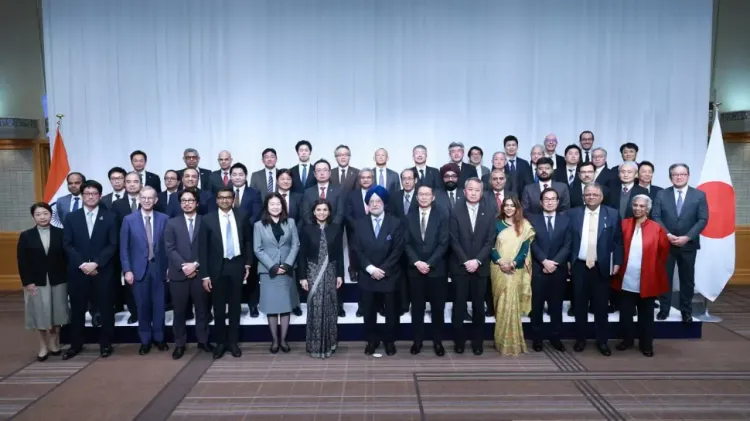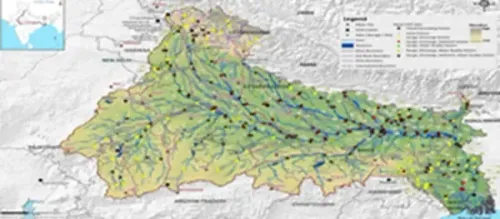How is Hardeep Puri Strengthening India-Japan Energy Relations?

Synopsis
Key Takeaways
- India and Japan are enhancing energy collaboration.
- Over $500 billion in investment opportunities are available.
- India's energy reforms create a favorable investment climate.
- Japan's technological expertise complements India's workforce.
- Significant offshore exploration areas are now open.
New Delhi, Nov 17 (NationPress) Minister for Petroleum and Natural Gas, Hardeep Singh Puri, conducted a significant roundtable in Tokyo with prominent Japanese industry leaders to explore avenues for Indo-Japanese collaboration within the energy value chain.
“Our discussions centered on how the energy stability and sustainable development of the Indo-Pacific region will be influenced by India's extensive resources, particularly highlighted by the groundbreaking initiatives aimed at enhancing and fortifying the energy infrastructure under the guidance of PM Narendra Modi, alongside Japan's pioneering technological advantages,” Puri stated in a post on X.
Currently, India is unveiling over $500 billion in investment prospects across sectors such as exploration and production (E&P), LNG, city gas distribution, hydrogen, shipping, and alternative fuels. The synergy between the two nations is evident—India boasts a substantial, youthful workforce supported by a favorable business environment and extensive reforms propelled by the Make in India initiative, aiming to produce for a global market, while Japan brings forth its advanced technology and innovation, particularly in green and environmental sectors, the minister elaborated.
Puri emphasized that India’s policy reforms, including 100% FDI, transparent bidding processes, and year-round exploration licensing, have fostered a predictable, investor-friendly energy landscape.
India's six major oil and gas public sector undertakings (PSUs) reported revenues of approximately $315 billion for FY 2024-25, contributing about 8% to India’s GDP. This scale underscores India’s position as a pivotal global energy hub and a dependable partner for Japanese investors and technological innovators, the minister highlighted.
Earlier this month, Puri remarked that “from the sands of Rajasthan to the sea depths of the KG Basin - Bharat is charting its own energy trajectory.”
He noted that a vast offshore area of 1 million square km is now available for oilfield exploration, with 99% of previously designated 'No-Go' areas now cleared.
The oil and gas blocks being made available under the Open Acreage Licensing Programme (OALP) have already attracted interest from both global and domestic energy stakeholders, and Round X is anticipated to establish new benchmarks for participation and investment.









